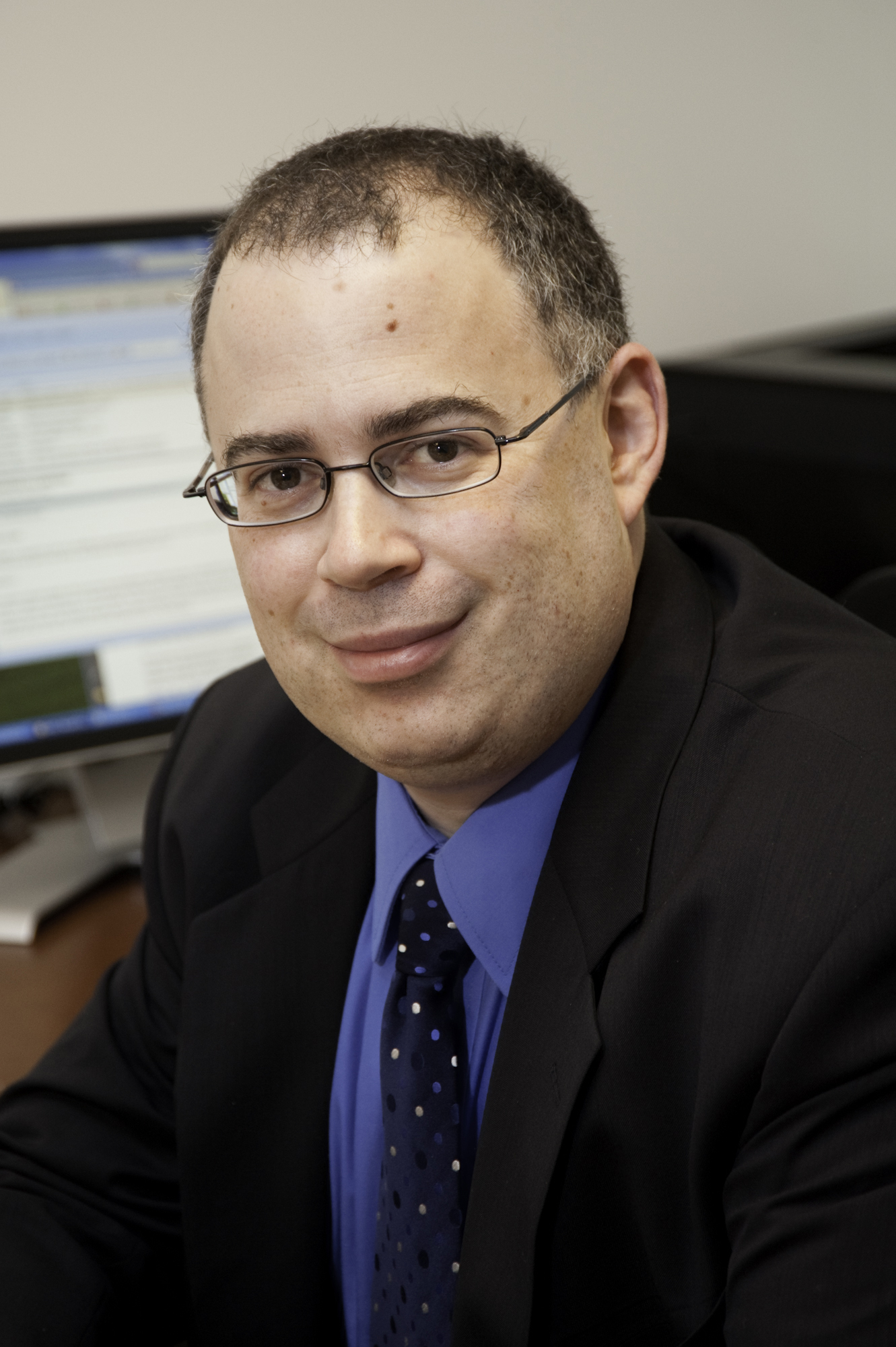Most often the parents who don’t vaccinate their children are the ones who should know better. Even though a 1998 report that first claimed a link between vaccines and autism has now been thoroughly debunked, the vaccination rate in wealthy, progressive enclaves around the country continues to plummet—a trend best represented locally by Seattle’s Waldorf School.
Founded in 1980 in Northeast Seattle’s Meadowbrook neighborhood, the Waldorf School (annual tuition, $17,000) is one of nearly a thousand worldwide to follow the teachings of 19th-century Austrian philosopher Rudolf Steiner, who believed the spiritual world exists alongside the physical one. According to Department of Health data, in 2009, 140 of the Waldorf School’s 298 enrolled students were exempt from immunization. Waldorf’s exemption rate of 47 percent is far and away the highest among the 475 King County schools surveyed by the DOH. It’s also nearly 40 percent higher than the herd immunity threshold, i.e., the proportion of immune individuals in a population necessary to prevent contagious diseases from flaring up—a fact that worries Michele Roberts, DOH’s immunization program health-promotion manager.
“We’re concerned any time a school has high exemption rates, because they are more at risk for preventable diseases,” she says.
That includes diseases long thought to be dead. In 2009, two unvaccinated children in Pennsylvania were killed by a strain of influenza all but wiped out in America 20 years ago. And last year there were more cases of whooping cough in California than in any other year since 1947, before vaccinations became widespread.
Nettie Fabrie, Waldorf’s Director of Pedagogy, says she’s not surprised, and that the figures have everything to do with the kinds of parents Waldorf attracts. “We have parents who are very conscious about food, the environment, and the whole medical system,” she says. “Basically, the parents are willing to ask themselves complicated questions. That is an attitude a lot of them have.”
Fabrie says Waldorf neither encourages nor discourages its parents regarding vaccination, a live-and-let-live philosophy other Waldorf schools have been accused of violating. In 2001, in a move meant to counteract growing suspicions that an anti-immunization stance was Waldorf policy, the European Council for Steiner Waldorf Education released a statement saying that “whether or not to inoculate a child against communicable disease should be a matter of parental choice.” But in a report six years later from The Australian, a frustrated Waldorf parent told the paper that teachers at the school recommended against immunizing his children because it would lead to the “bestialisation of humans.”
Whether Waldorf parents are more enlightened or dangerously delusional about vaccines, should the day come when an outbreak of a once-dormant disease makes headlines in Seattle, we know where we’ll go looking for Patient Zero.






